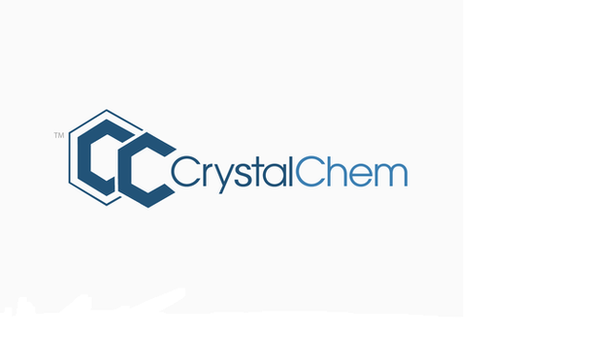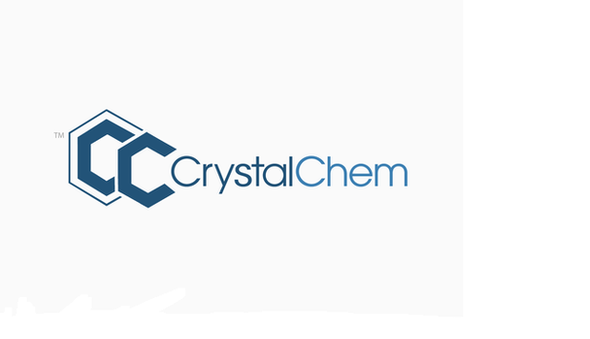Corticosteroid-Binding Globulin (CBG) ELISA | BV52021
- SKU:
- BV52021
- Availability:
- In Stock
- Regulatory Status:
- EU: CE
- Kit size:
- 12 x 8
- Standard range:
- 3.13 - 200 ng/ml
- Specimen / Volumes:
- 5 µL serum, plasma
- Substrate / isotope TMB 450 nm:
- TMB 450 nm
Description
Corticosteroid-Binding Globulin (CBG) ELISA | BV52021
The Human Corticosteroid Binding Globulin ELISA is a sandwich enzyme immunoassay for the quantitative measurement of human corticosteroid binding globulin. Human corticosteroid binding globulin (CBG, transcortin), also referred to as SerpinA6, belongs to the serpin superfamily. Corticosteroid binding globulin is a 52 kDa secreted α1-glycoprotein consisting of 405 amino acids. Corticosteroid binding globulin is synthesized and secreted by hepatocytes in the liver and is present in glycocorticoid responsive cells. The concentration of corticosteroid binding globulin is regulated by estrogens. CBG is the major transport protein for progestins and glucocorticoids within the blood. Thus CBG regulates their bioavailability and metabolic clearance and protects them from absorption into cells and degradation by chemicals and enzymes. CBG contains a single steroid binding site with high affinity for cortisol and progesterone. About 80-90% of circulating cortisol is bound to CBG. Albumin bound cortisol is reported to represent 14% and free cortisol 6% of total plasma cortisol under basal conditions.
The CBG bound cortisol is considered to be biologically inactive, whereas the unbound cortisol constitutes the active form of cortisol. The active fraction of plasma cortisol will thus depend on the concentration of CBG. Defects in the gene encoding CBG are the cause of corticosteroid binding globulin deficiency (CBG deficiency), a rare disorder characterized by reduced CBG production that results in hypo/ hypertension and muscle fatigue. The plasma concentration of CBG shows little or no diurnal variation and no marked differences are observed in adult subjects according to age, sex or menstrual cycle. In umbilical cord blood, however, CBG is present at half of the normal adult level and prepubertal children have higher levels than adults. Plasma CBG levels increase during pregnancy and are decreased in cirrhosis. Estrogen therapy (e.g. oral hormonal contraception) or implantation during pregnancy cause a very marked increase of the CBG concentration. Decreased levels of CBG are observed in women with polycystic ovary syndrome, hypoproteinemia, Cushing´s syndrome or corticoid treatment and some cases of vitamin B12 deficiency. Extremely low levels of CBG have been reported in patients with septic shock. Measurement of corticosteroid binding globulin is important to the interpretation of cortisol levels. The concentration of unbound cortisol, which is biologically active, can be calculated from the concentration of total cortisol and that of CBG on the basis of mass action.
Product distributed by Tecan. IBL International GmbH. For the QC certificate, please kindly download directly from the homepage, entering the lot number in the search field.
For concrete data please consult the Instruction for Use in the download box on the top right side.






